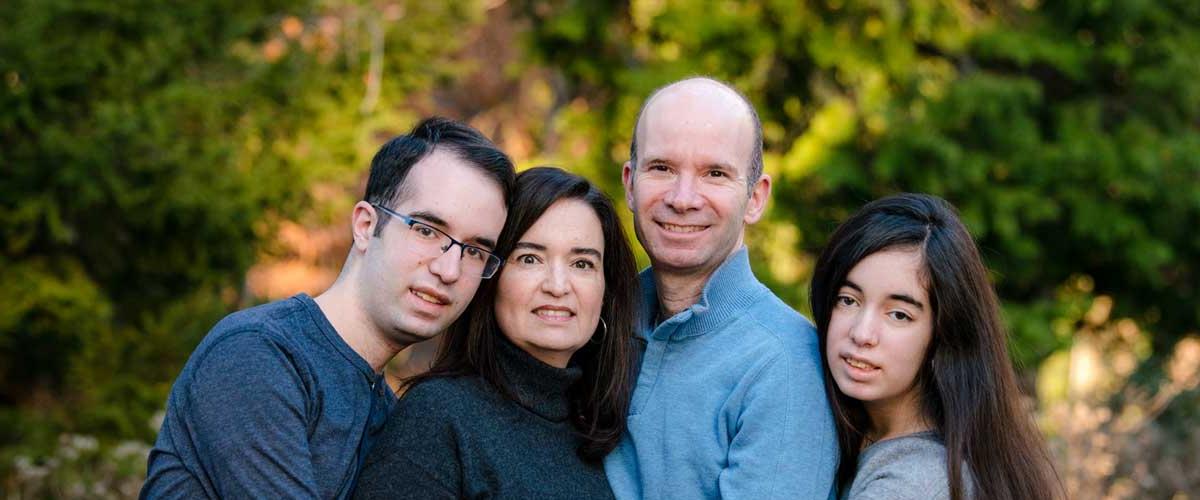Myotonic Dystrophy Resources
Learn about the different resources that have been created for the Myotonic Dystrophy community! This presentation provides an introduction to help familiarize you with the resources and support options available for families affected by myotonic dystrophy.
The resources discussed during this video can be found at:
- Clinical Care Documents, Guidelines, and Toolkits
- Study and Trial Resource Center
- Request Warmline Phone Support
- Find a Myotonic Dystrophy doctor near you
- US Financial Resources
- Juvenile-onset Adult (JOA) Programs
- Digital Academy with recordings of previous conference sessions and webinars
- Myotonic Dystrophy Support Groups
For newly diagnosed families, we recommend the following resources:
- Start your myotonic dystrophy journey here
- Sign up for the Myotonic email list
- Learn about the impacts of myotonic dystrophy with the Body Systems Tool
- Confirm you diagnosis with a Genetic Test
- Get answers to Frequently Asked Questions (FAQs)
Have questions? Need more help? Contact us!

